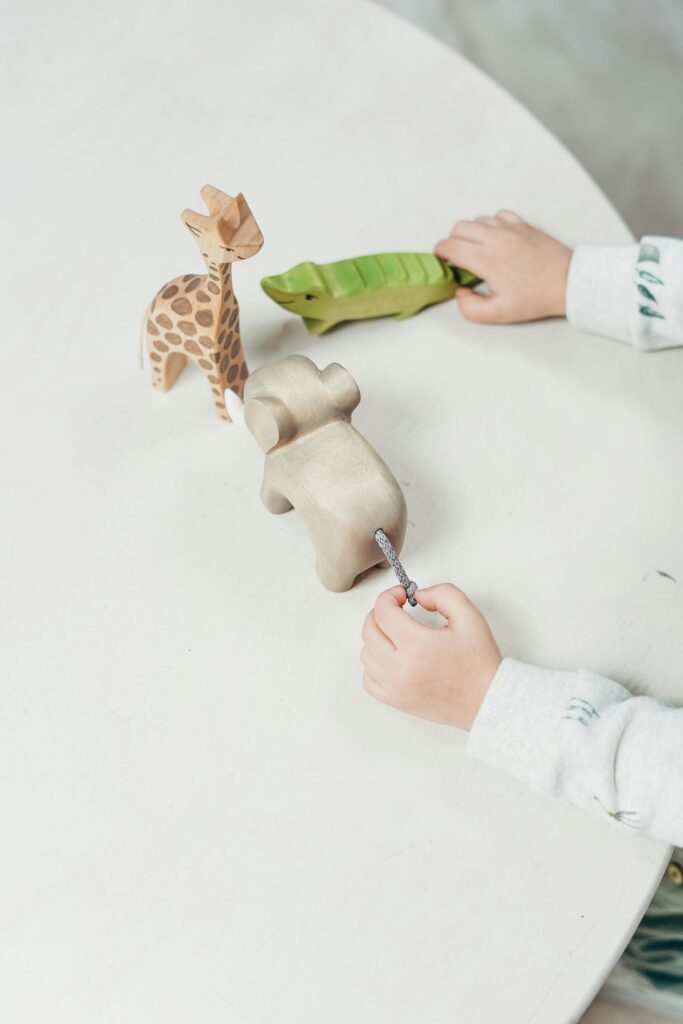Fun Puzzle Games for Kids That Boost Brain Power and Keep Them Entertained
Keeping children engaged while stimulating their minds is every parent’s dream. Puzzle games strike that perfect balance between fun and education, and they’re proven to help kids develop critical thinking, memory, and concentration skills. In this article, we’ll dive into some of the best puzzle games for kids, why they’re beneficial, and how parents can choose the right ones based on age and developmental goals.
Why Puzzle Games Are Important for Kids
Puzzle games do more than just fill time—they shape young minds. Here’s what they help develop:
Problem-solving skills: Kids learn to assess problems and figure out solutions, step by step.
Memory and attention span: Repetition and logic-building puzzles train short-term and working memory.
Fine motor skills: Physical puzzles and touchscreen activities help children build hand-eye coordination.
Patience and perseverance: Puzzles teach kids to stay focused until the job is done—building confidence and discipline.
Top Brain-Boosting Puzzle Games for Kids
1. ThinkFun Rush Hour (Ages 6+)
A classic logic game where kids must move vehicles to get the red car out of traffic. It strengthens strategic thinking and spatial awareness.
2. Osmo Genius Starter Kit (Ages 5-10)
Combines tactile learning with digital play. It’s great for visual learners and includes word puzzles, number logic, and shape matching.
3. Jigsaw Puzzles (All Ages)
From simple wooden puzzles for toddlers to 500-piece scenic sets for older kids, jigsaw puzzles are excellent for visual recognition and focus.
4. DragonBox Math Apps (Ages 4+)
Disguises math concepts in story-driven puzzles. Helps kids improve numeracy without them realizing they’re doing math!
5. SmartGames IQ Series (Ages 6+)
Compact, travel-friendly brain teasers that offer increasingly complex challenges to keep kids engaged on the go.
Choosing the Right Puzzle Game Based on Age
Toddlers (1–3 years): Large wooden puzzles, shape sorters, and animal match games.
Preschoolers (3–5 years): Color and pattern recognition puzzles, basic mazes, and memory games.
Early School Age (6–8 years): Logical puzzles, word games, math-based apps.
Preteens (9–12 years): Escape room board games, Sudoku, Rubik’s cube, crosswords.
Tips for Parents: Making Puzzle Time a Family Activity
Play together: Working through puzzles as a team improves communication and bonding.
Encourage without giving answers: Guide them with hints instead of solving it for them.
Celebrate small wins: Every finished puzzle is an achievement—praise it!
FAQs
Q1: Are puzzle games better than screen time entertainment?
A1: Yes, puzzle games actively engage the brain and improve focus, unlike passive screen watching. Even digital puzzles can be great if they require thinking and interaction.
Q2: Can puzzle games help with ADHD or autism?
A2: Absolutely. Many puzzle games are designed with neurodiverse children in mind, promoting structure, repetition, and cognitive skills in a fun, non-stressful way.
Q3: How often should my child play puzzle games?
A3: A few sessions per week is enough for cognitive benefits, but daily play in short sessions (15–30 minutes) is ideal for younger kids.
Q4: What’s a good way to introduce puzzle games to a reluctant child?
A4: Start with themes they love—animals, superheroes, or cartoons—and play together until they feel confident solving them alone.
# Smart Play
# Learning Through Games
# Kid Gamers
# Game-Based Learning
# Brain Boosting Games
# Play to Learn
# Edutainment Power
# Digital Learning Fun
# Interactive Learning
# Clever Kids Games

